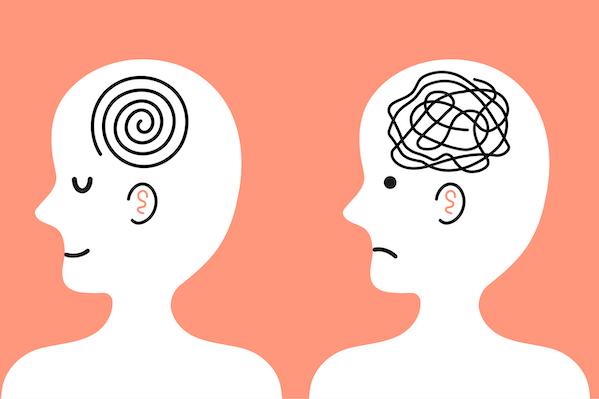In a world that constantly demands mental agility and clarity, many individuals are exploring unconventional avenues to enhance their cognitive performance. Among these, testosterone therapy has emerged as a topic of growing interest. Traditionally regarded as a hormone primarily associated with physical vitality and masculine characteristics, testosterone’s role in mental wellness is gaining attention. Could it be the key to unlocking sharper focus, improved mood, and enhanced cognitive function? This article delves into the intricacies of testosterone therapy, examining its potential benefits for mental clarity and the science behind this intriguing connection. As we navigate through the emerging research and experiences of those who have turned to this therapy, we aim to shed light on whether boosting testosterone levels might be a pathway toward achieving a clearer, more focused mind.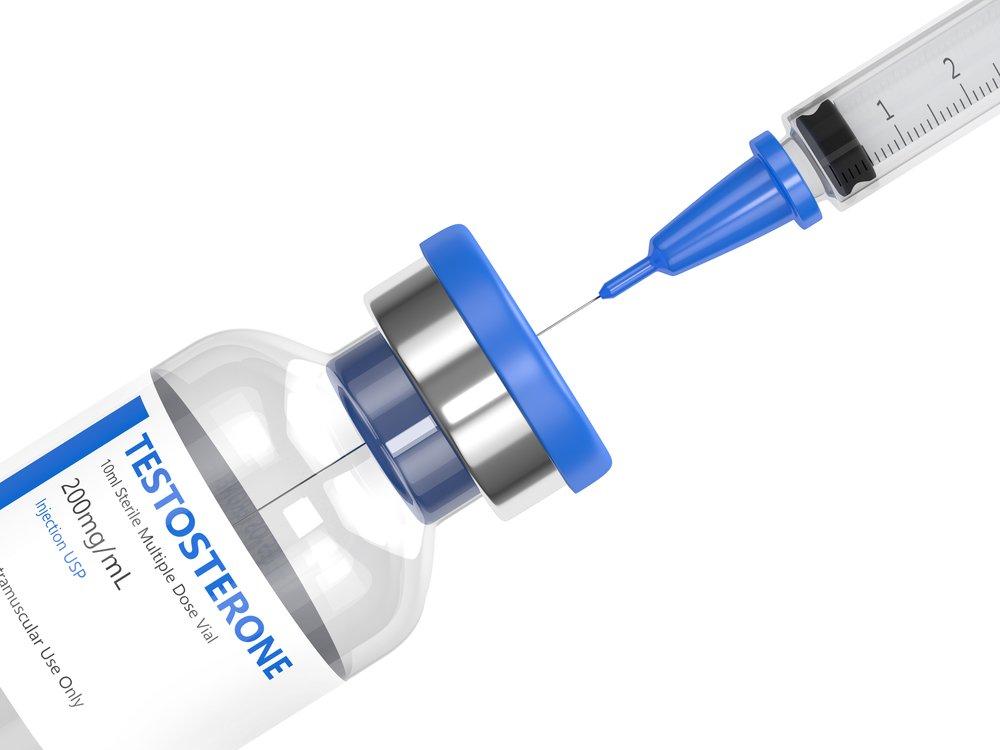
Understanding the Role of Testosterone in Cognitive Function
Testosterone, often associated with physical strength and vigor, plays a surprisingly pivotal role in our cognitive landscape as well. Research suggests that this hormone can significantly influence various aspects of cognitive function, including memory, attention, and even mood regulation. It is particularly vital in the development of neural pathways and the overall structural integrity of the brain. Some studies indicate that higher levels of testosterone may correlate with improved mental clarity and sharper cognitive abilities, while deficiencies could potentially lead to sluggish thinking and diminished focus.
Understanding how testosterone impacts cognition allows for a more holistic approach to mental wellness. Key areas of influence include:
- Memory Enhancement: Testosterone is believed to help in the consolidation of memory, making it easier to recall information.
- Attention Span: Adequate levels may contribute to improved attention and the ability to concentrate for longer periods.
- Mood Stability: This hormone can help stabilize mood fluctuations and decrease feelings of anxiety or depression.
Maintaining optimal testosterone levels, especially as one ages, might be an important consideration for anyone seeking to enhance mental clarity and overall cognitive function.
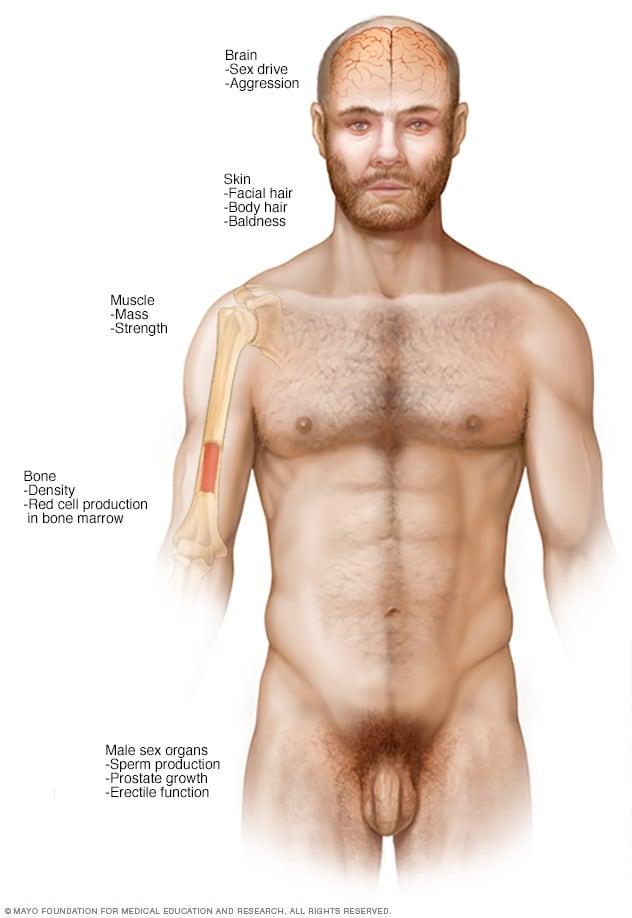
Identifying the Symptoms of Low Testosterone and Mental Fog
Recognizing the telltale signs of low testosterone can be crucial for those grappling with mental fog and a declining sense of clarity. Symptoms often extend beyond physical effects, manifesting in a range of cognitive and emotional challenges. Common indications include:
- Fatigue: A constant sense of tiredness that doesn’t improve with rest.
- Difficulty concentrating: Struggling to focus on tasks, leading to increased mistakes.
- Memory issues: Forgetting names, appointments, or important information.
- Low motivation: A marked decrease in drive to engage in activities you once enjoyed.
- Depressive symptoms: Feelings of sadness or irritability may become more pronounced.
To elucidate the relationship between low testosterone levels and cognitive decline, consider the following table that contrasts symptoms often associated with low testosterone against the effects they may have on mental acuity:
| Symptom | Impact on Mental Clarity |
|---|---|
| Fatigue | Decreased energy levels can impair focus and productivity. |
| Poor Memory | Difficulty in recalling information leads to decreased performance in tasks. |
| Low Mood | Emotional distress may hinder cognitive functions. |
| Increased Irritability | Heightened frustration can cloud judgment and decision-making. |
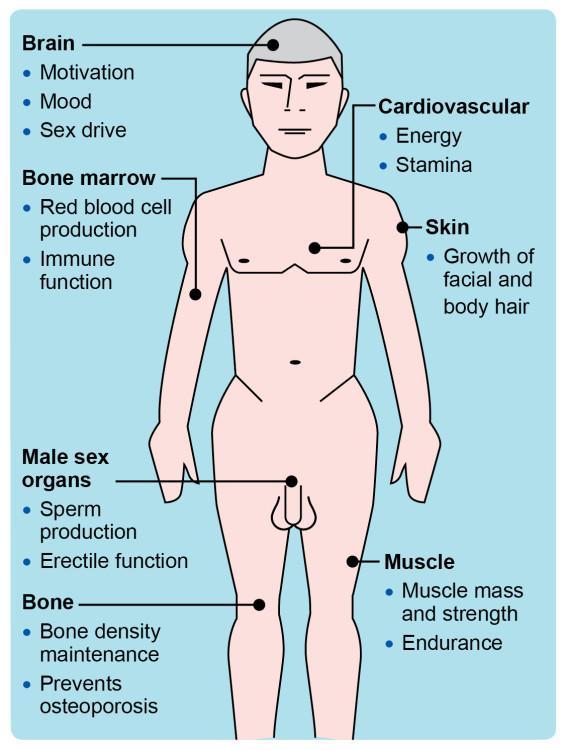
Exploring the Connection Between Testosterone Levels and Mental Clarity
The intricate interplay between testosterone levels and cognitive performance has garnered significant attention in recent years. Research suggests that healthy testosterone levels can contribute to enhanced mental clarity, improved focus, and better overall cognitive functioning. Individuals experiencing low testosterone might find themselves facing challenges such as decreased motivation, memory issues, and difficulty concentrating. Addressing these hormonal imbalances through therapy can be a potential avenue for reclaiming mental acuity.
Engaging in a testosterone therapy regimen may lead to noticeable improvements in both mood and cognitive abilities. Various studies indicate that patients undergoing treatment report benefits like:
- Heightened Alertness: Many experience a significant boost in their ability to concentrate on tasks.
- Cognitive Resilience: Enhanced mental strength to cope with complex challenges.
- Improved Memory: Increased retention of information and quicker recall.
While results can vary, monitoring and adjusting therapy based on individual responses is crucial. Exploring these connections may open new doors for those seeking both mental clarity and emotional balance.
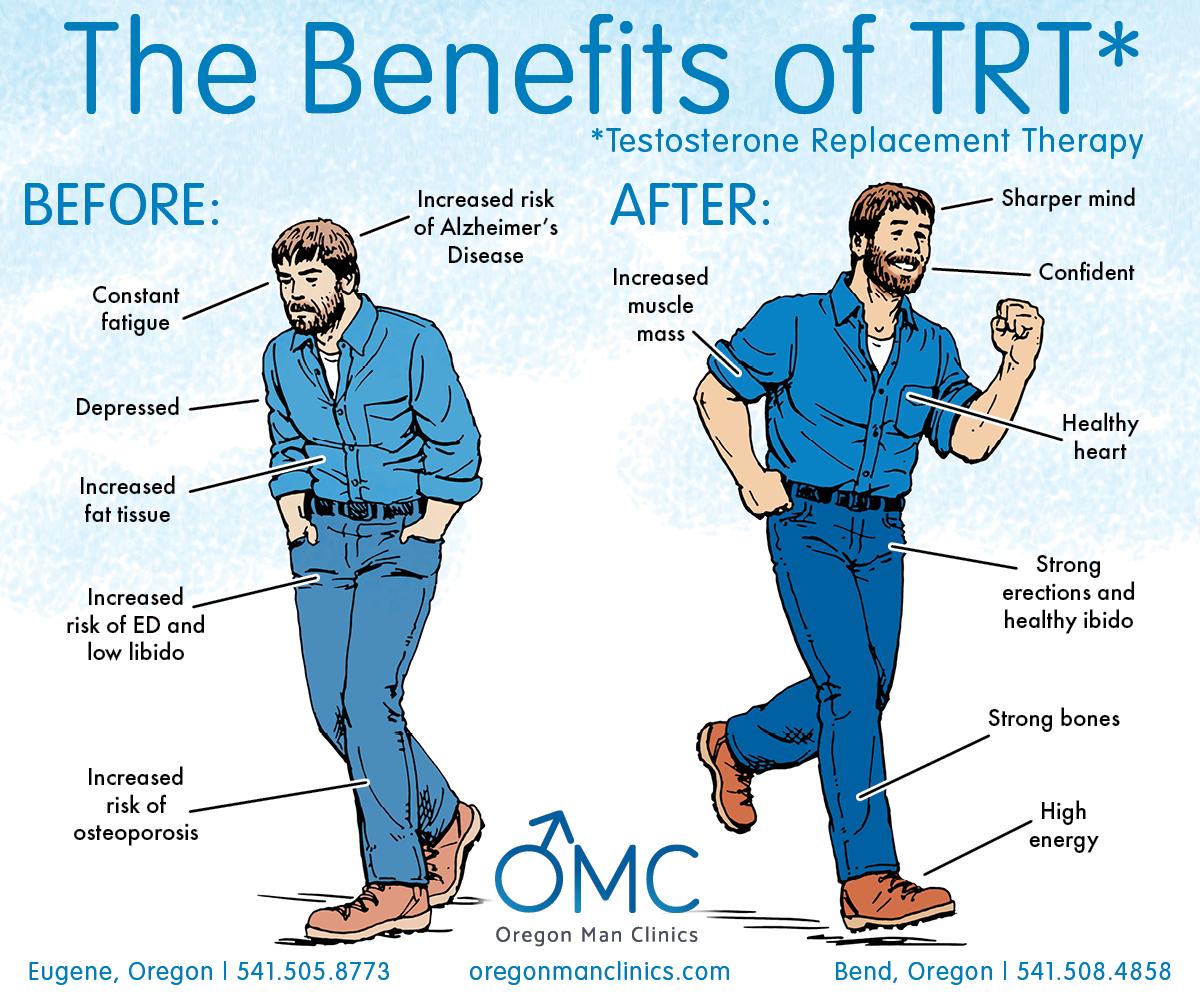
Benefits of Testosterone Therapy for Improved Focus and Memory
Testosterone therapy has been shown to have a significant impact on cognitive functions, particularly in areas related to focus and memory. Many individuals who undergo this treatment report enhancements in their mental clarity, allowing for sharper decision-making and improved productivity in daily tasks. This boost in cognitive abilities can be attributed to testosterone’s role in promoting neurogenesis and synaptic plasticity, which are essential processes for brain health and cognitive resilience. As testosterone levels rise, it can lead to an improved mood, increased energy, and a greater sense of motivation, all of which contribute to enhanced mental sharpness.
The benefits of this therapy extend beyond mere memory enhancement. Individuals may experience better concentration, reduced mental fatigue, and a greater ability to multitask effectively. Additionally, testosterone aids in regulating mood and stress, further fostering an optimal environment for cognitive performance. Some notable advantages include:
- Enhanced Short-term and Long-term Memory: Improved recall abilities for both new information and past experiences.
- Increased Attention Span: Better focus on tasks and reduction in distractions.
- Improved Learning Capacity: Greater ability to absorb and retain information.
For those considering testosterone therapy, it is essential to consult with a healthcare provider to fully understand its implications and benefits. Below is a simplified table summarizing key cognitive improvements often reported with testosterone therapy:
| Effect | Description |
|---|---|
| Memory Function | Enhancement in both recall and retention of information. |
| Focus | Increased ability to concentrate on tasks without distractions. |
| Mood Regulation | Improved mood leading to better cognitive performance. |
Navigating the Options: Different Approaches to Testosterone Therapy
Potential Risks and Considerations with Hormonal Treatments
While testosterone therapy can offer benefits such as enhanced mental clarity, it’s essential to remain vigilant about the potential risks associated with hormonal treatments. Side effects may vary from person to person and can include mood swings, irritability, and anxiety, counteracting the intended clarity. Additionally, the long-term implications of elevated testosterone levels are still under investigation, leading to uncertainties regarding heart health and other bodily functions. As such, individuals considering this therapy should engage in thorough discussions with medical professionals to understand these risks fully.
Furthermore, patients should also be aware of considerations related to dosage and administration methods. Overdosage can lead to hormonal imbalances that may cause complications such as polycythemia, which increases the risk of blood clots. It’s also vital to monitor hormone levels regularly during treatment to ensure they remain within therapeutic ranges. Below are some key considerations:
| Consideration | Description |
|---|---|
| Medical History | Discuss any pre-existing conditions with your doctor. |
| Dosage Monitoring | Regular blood tests to check hormone levels. |
| Lifestyle Factors | Healthy diet and exercise can mitigate some risks. |
| Emotional Support | Consider counseling to help manage mood changes. |
Tips for Maximizing Mental Clarity Alongside Testosterone Therapy
To enhance your mental clarity while undergoing testosterone therapy, consider integrating a few lifestyle adjustments. Hydration is key, as even mild dehydration can cloud your cognitive function. Aim for at least 8-10 cups of water daily. Additionally, prioritize a balanced diet rich in omega-3 fatty acids, antioxidants, and lean proteins. Foods such as fatty fish, nuts, and leafy greens can support brain health and improve mood. Regular exercise is also crucial; incorporate a mix of aerobic activities and strength training to boost circulation and release endorphins, which can elevate your mental state.
Another effective way to maximize mental clarity is through careful management of stress levels. Practices such as meditation, yoga, or deep-breathing exercises can significantly reduce anxiety and enhance focus. Consider scheduling short breaks throughout the day for brief mental resets, allowing your mind to recharge and maintain peak performance. Additionally, establishing a consistent sleep routine by aiming for 7-9 hours of sleep each night will help prevent mental fatigue and improve cognitive function. By combining these strategies with testosterone therapy, you can create a solid foundation for enhanced mental clarity.
Q&A
Q&A: Understanding Testosterone Therapy for Mental Clarity
Q1: What is testosterone therapy, and how does it relate to mental clarity?
A: Testosterone therapy involves supplementing the body with testosterone, a hormone responsible for various functions beyond just physical strength. Research suggests that testosterone can also play a role in cognitive functions such as memory, attention, and overall mental clarity. By optimizing hormone levels, some individuals may experience improvements in mental focus and decision-making abilities.
Q2: Who might benefit from testosterone therapy for improved mental clarity?
A: Individuals who are experiencing symptoms of low testosterone—such as fatigue, mood swings, or cognitive decline—may find benefit in testosterone therapy. This is particularly relevant for older men, though women can also experience low testosterone levels. It’s essential for anyone considering therapy to seek professional advice to determine if they are appropriate candidates.
Q3: Are there specific symptoms of low testosterone that affect mental clarity?
A: Yes, symptoms can include poor concentration, irritability, memory lapses, and decreased motivation. These cognitive changes can significantly hinder one’s ability to think clearly and function effectively in daily life. Recognizing these signs can prompt individuals to seek evaluation and possibly treatment.
Q4: What does the research say about the effectiveness of testosterone therapy on cognitive function?
A: While some studies indicate a positive correlation between testosterone levels and cognitive function, results can vary widely. Some research suggests that restoring testosterone to normal levels may enhance memory and executive functions, while other studies show minimal or no effects. The relationship is complex, often influenced by age, individual health status, and baseline hormone levels.
Q5: What are the potential risks or side effects associated with testosterone therapy?
A: Like any treatment, testosterone therapy carries potential risks and side effects, such as acne, sleep apnea, increased red blood cell count, or androgenic effects. Long-term effects on mental health are still under investigation, so it’s crucial for individuals to weigh the benefits against the risks and discuss these thoroughly with their healthcare provider.
Q6: How might an individual go about starting testosterone therapy?
A: The first step is to consult with a healthcare professional specializing in hormone therapy. They typically begin with a comprehensive evaluation, including blood tests to measure hormone levels. Based on the results and individual symptoms, a tailored therapy plan may be developed, including options for delivery methods such as injections, patches, or gels.
Q7: Can lifestyle changes also improve mental clarity, and how do they interact with testosterone therapy?
A: Absolutely! Lifestyle factors like regular exercise, a healthy diet, adequate sleep, and stress management can significantly impact mental clarity and overall hormone balance. These interventions can work synergistically with testosterone therapy, enhancing its effects and contributing to improved cognitive function.
Q8: What should individuals keep in mind when considering testosterone therapy for mental clarity?
A: It’s crucial to approach testosterone therapy with a well-informed mindset. Individuals should consider their overall health, discuss expectations with a healthcare provider, and recognize that therapy is just one component of cognitive wellness. Balancing therapy with healthy lifestyle choices is vital for achieving the best results.
By understanding the nuances of testosterone therapy and its potential effects on mental clarity, individuals can make informed decisions that align with their health goals.
Closing Remarks
As we draw the curtain on our exploration of testosterone therapy and its intriguing connection to mental clarity, it becomes evident that this topic is as multifaceted as the human mind itself. The dialogue surrounding hormones and cognition transcends mere biochemical interactions to touch on the very essence of our well-being. While the potential benefits of testosterone therapy present a beacon of hope for some, it is crucial to navigate this path with a discerning mindset—balancing the promise of enhanced mental acuity with an awareness of possible risks and side effects.
In a world increasingly driven by the pursuit of optimal performance, understanding the role of testosterone in mental function invites us to reconsider conventional narratives about both masculinity and mental health. Whether you are contemplating this therapy for yourself or simply seeking to broaden your perspective, the nuances of this discussion highlight the importance of informed decision-making grounded in both science and individual need.
Ultimately, the journey towards mental clarity is deeply personal, shaped by unique experiences and aspirations. As more individuals venture into the realm of testosterone therapy, let us strive for a future where knowledge, empathy, and vigilance guide us through the complexities of health and happiness. In this ongoing quest for clarity, may we continue to ask questions, seek answers, and above all, prioritize our mental well-being.

